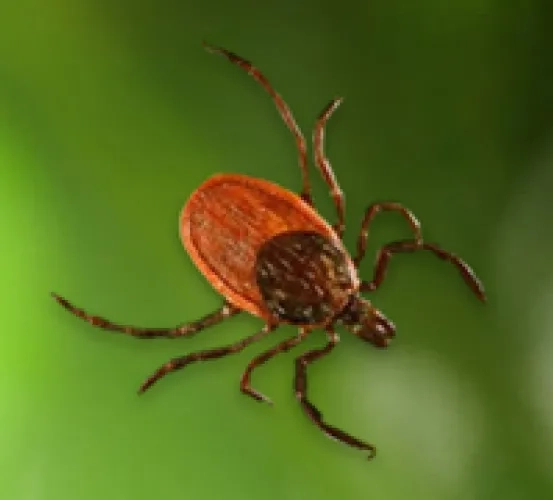
Studies of the Natural History, Pathogenesis, and Outcome of Idiopathic Systemic Vasculitis
The National Institute of Arthritis and Musculoskeletal and Skin Diseases at the National Institutes of Health (NIH) in Bethesda, Maryland is conducting a study for vasculitis. Researchers are inviting both volunteers who have the condition, and those who do not, to participate in this study. All study-related tests and procedures are provided at no cost to you.

Tooth and Tissue Sample Collection During Wisdom Teeth Removal
The National Institute of Dental and Craniofacial Research at the NIH Clinical Center is looking for volunteers who need to have their wisdom teeth removed. Researchers will evaluate people who need to have their wisdom teeth removed. The removed wisdom teeth will be studied and used for further research.

Cerebral Palsy and the Study of Brain Activity During Motor Tasks
Researchers at the National Institutes of Health (NIH) seek participants age five and older with childhood-onset brain injury (e.g.,cerebral palsy) to join a research study. Near-infrared spectroscopy (NIRS) and/or electroencephalography (EEG) may be used to study brain activity. Learning how the brain controls muscles may help design treatments to help patients with brain injury to move better.

Phenotype/Genotype Correlations in Movement Disorders
Do you have Parkinson's disease? Doctors at the National Institute of Neurological Disorders and Stroke (NINDS) are conducting a research study on people with Movement Disorders. They are currently recruiting participants with Parkinson's disease. The purpose is to learn more about the disease and identify genetic changes and other indicators of the condition that may allow earlier diagnosis.There is no cost for study-related tests or procedures. Travel assistance may be provided.

Surgery as a Treatment for Medically Intractable Epilepsy
The National Institute of Neurological Disorders and Stroke at the National Institutes of Health Clinical Center is looking for individuals with severe epilepsy or individuals who have experienced persistent seizure activity that cannot be controlled with medication, to participate in this research study. The goal of this research study is to provide surgical treatment to control these types of seizures. Participation requires an inpatient stay of up to 4 weeks, plus 3 outpatient visits within 2 years after surgery.

A Longitudinal Investigation of the Endocrine and Neurobiologic Events Accompanying Puberty

Clinical and Genetic Studies in Familial Non-medullary Thyroid Cancer
Thyroid cancer accounts for the vast majority of all types of cancer and little is known about the possible genes that may cause the cancer. An estimated 5% of all thyroid cancers are hereditary. If three or more first-degree relatives are affected, there is a greater than 94% chance that these cases are familial non-medullary thyroid cancer (FNMTC). Researchers at the National Institutes of Health (NIH) are conducting a research study to develop the best ways to evaluate, determine best screening strategy, and identify genes that may indicate vulnerability to FNMTC.

Join the Fight Against Lyme Disease!
We are looking for people recently diagnosed with Lyme disease to help us answer important questions about the infection. If you have or had the rash associated with acute Lyme disease (erythema migrans), facial palsy, meningitis, heart block, or arthritis; please consider participating in our study.

NIH Tests Fecal Transplant in Chronic Granulomatous Disease-Associated Colitis
Researchers at NIH are testing a new therapy in patients diagnosed with colitis due to chronic granulomatous disease (CGD). The research aims to see if restoring the gut microbiome reduces inflammation in the colon.

